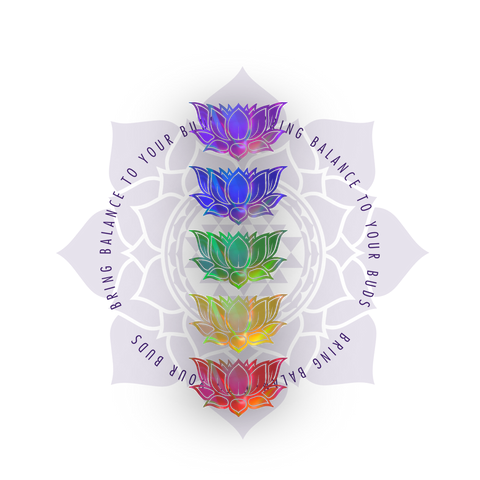Cannabis Deficiencies
Diagnose Cannabis Nutrient Deficiencies & Toxicity In Plants

While nutrients are crucial to your plant's health and well-being, they must be present in the proper amount. An overabundance of lack of any nutrient can prevent your plant from reaching its maximum potential. Here are some of the most common nutrient deficiencies in plants, and how to diagnose them.
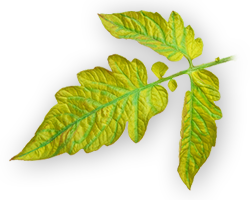
Nitrogen Deficiency
- Pale green or yellow leaves
- Not enough chlorophyll
- Symptoms begin in lower leaves
- Very slow growth
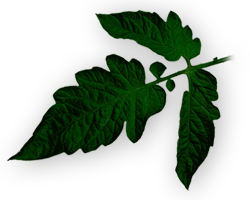
Nitrogen Toxicity
- Dark green leaves and foliage
- Leaf tips may turn down without signs of overwatering
- Weak stems
- Slow growth
- Cupping, curling or "clawing" leaves
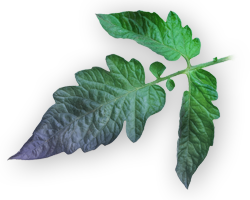
Phosphorus Deficiency
- Purple/Blue tinge to leaves
- Stunted growth
- Possible purple spots
- Small and potentially foul tasting, smelly fruits and vegetables
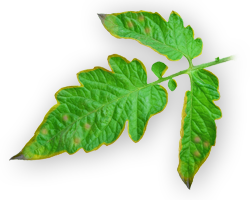
Potassium Deficiency
- Brown scorching and curling of leaf tips
- Chlorosis (abnormally yellow color of plant tissues)
- Possible purple spots
- Plant growth, root development, seed and fruit development greatly reduced
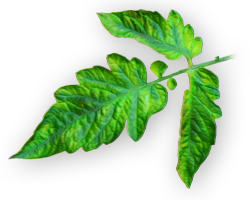
Magnesium Deficiency
- Chlorosis (abnormally yellow color of plant tissues)
- Leaves have a marbled appearance
- Symptoms appear in older leaves
- Necrosis and dropping of older leaves
- Very small fruits and flowers
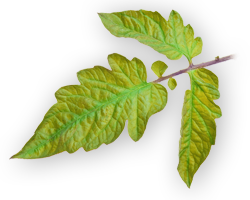
Sulfur Deficiency
- Uniform pale green chlorosis
- Purple vein color
- Purple and reddish pigmentation
- Severe stunting, reduced size, and less branching
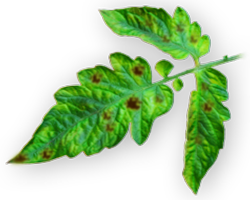
Manganese Deficiency
- Leaves yellow between veins
- Dead spots on severely affected leaves
- Stunted growth
- Severe deficiency may resemble severe magnesium deficiency
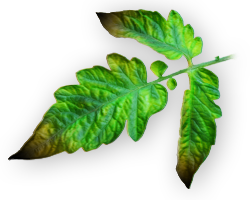
Zinc Deficiency
- Interveinal chlorosis of young leaves
- New leaves thin and wispy
- Leaf tips turn black and die
- New bud and leaf growth stop

